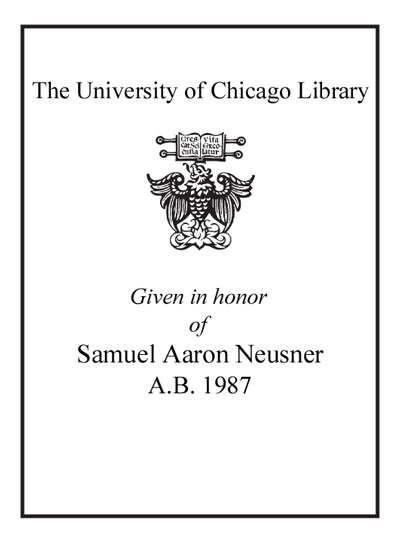Review by Choice Review
Goodby (Stanford) argues that nuclear weapons present an existential crisis for the globe, and that states need to proactively create cooperative security arrangements to reduce and regulate the current nuclear arsenals of states and eventually to eliminate nuclear weapons. The strongest sections of the text are the chapters that examine the history of nuclear arms control and how future agreements can build on the past. However, the text also has sections examining changes in technology, the acceleration of globalization, and democratic discontents. It is not always clear how these sections connect to the nuclear tipping point--the moment when the current system of deterrence fails and nuclear war occurs. Nor is it clear how they connect to the development of global governance mechanisms to control nuclear weapons and prevent their use. While the author makes a strong claim that deterrence no longer works and thus we have entered an age of extreme danger, the claim could be better supported. Finally, in some areas the text appears to express a wish for a world that does not really exist. For example, unlike the author, this reviewer is doubtful that if a comprehensive nuclear test ban treaty were signed by major states, North Korea would feel compelled to sign as well. Summing Up: Optional. Upper-division undergraduates through faculty. --Kevin Buterbaugh, Southern Connecticut State University
Copyright American Library Association, used with permission.
Review by Choice Review

